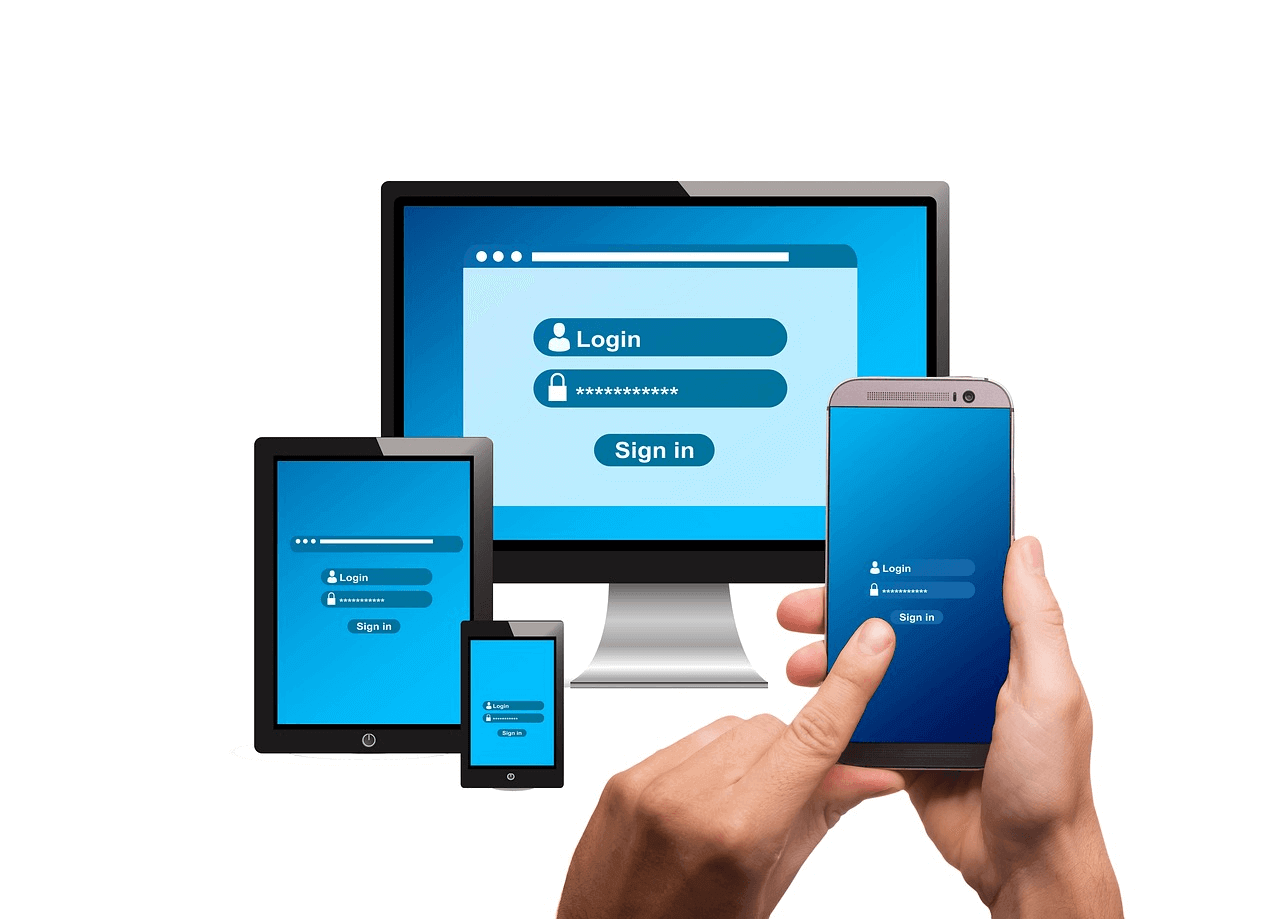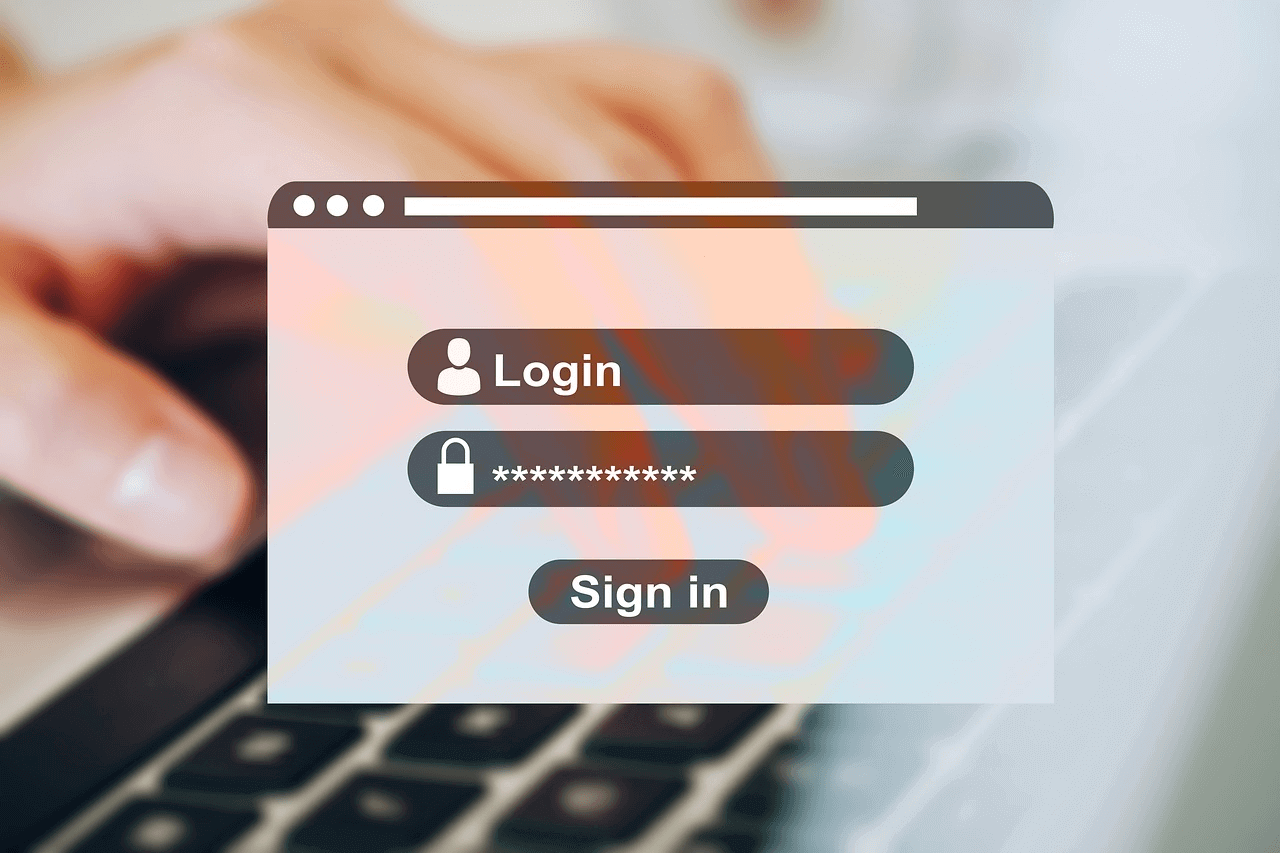
In today’s digital age, where almost every aspect of our lives has moved online, the security of our personal information is more important than ever. One of the first lines of defense against cyber threats is creating a secure password. In this blog post, we will explore why creating a secure password is crucial and provide you with practical tips to strengthen your online security.
What makes a password secure?
A secure password is one that is difficult for others to guess or crack. It should be long, complex, and unique. Ideally, it should consist of a combination of uppercase and lowercase letters, numbers, and special characters. Using common patterns or easily guessable information like birthdates or pet names should be avoided. At https://www.dashlane.com/features/password-generator, you can create a secure password. Such tools can generate strong and random passwords that are virtually impossible to guess. By following these practices, you can significantly enhance the security of your online accounts and protect your personal information from potential cyber threats.
The consequences of weak passwords
Using weak or easily guessable passwords can have severe consequences. Cybercriminals can gain unauthorized access to your personal accounts, resulting in identity theft, financial loss, and even reputational damage. Numerous high-profile data breaches in recent years have highlighted the importance of strong passwords.
One notable example is the Yahoo data breach in 2013, where over three billion user accounts were compromised due to weak passwords. This incident not only exposed sensitive information but also had long-lasting repercussions for both individuals and the company involved.
Best practices for creating secure passwords
To create a secure password, follow these best practices:
- Make it long and complex: Aim for a minimum of 12 characters, including a mix of letters (both uppercase and lowercase), numbers, and special characters.
- Avoid common patterns: Do not use sequential numbers, repeated characters, or easily guessable information like your birthdate or pet’s name.
- Use a password manager: Consider using a password manager tool that generates and stores unique passwords for each of your accounts. This ensures you don’t have to remember all of them while maintaining strong security.
- Enable two-factor authentication (2FA): Use 2FA whenever possible, which adds an extra layer of security by requiring a second form of verification, such as a fingerprint or a unique code sent to your phone.
The importance of regularly updating passwords
Creating a secure password is just the first step. It is equally important to regularly update your passwords. This helps mitigate the risk of a compromised account and ensures that even if a password does get exposed, it becomes less valuable over time.
To stay ahead of potential threats, consider changing your passwords at least every six months. Additionally, if you suspect any suspicious activity or receive notifications of data breaches, change your passwords immediately.
Additional measures to enhance password security
In addition to creating strong passwords and updating them regularly, there are other measures you can take to enhance your password security:
- Beware of phishing attacks: Be cautious of suspicious emails, messages, or websites that attempt to trick you into revealing your login credentials. Always double-check the URL and only enter sensitive information on secure websites.
- Use secure Wi-Fi networks: Avoid using public or unsecured Wi-Fi networks when accessing sensitive information. These networks can be easily compromised, allowing attackers to intercept your data.
- Educate yourself and others: Share knowledge about password security with friends, family, and colleagues. Encourage them to follow best practices and raise awareness of the importance of strong passwords.

Creating a secure password is crucial to protect your personal and professional online accounts. By following the best practices outlined in this blog post, you can significantly strengthen your online security. Remember, the effort you put into creating a strong password today can save you from potential cyber threats tomorrow. Stay safe and keep your digital life secure!

